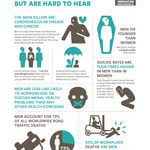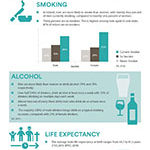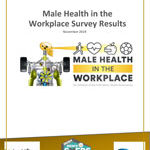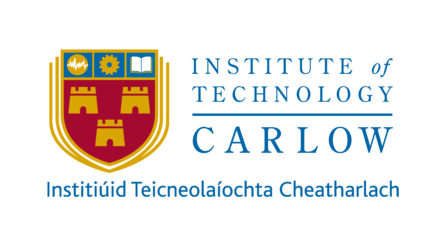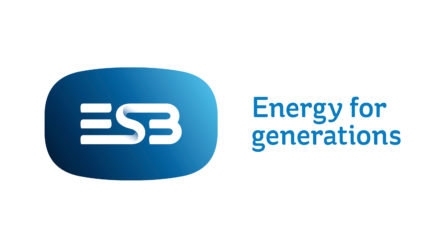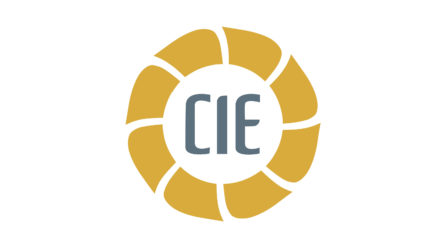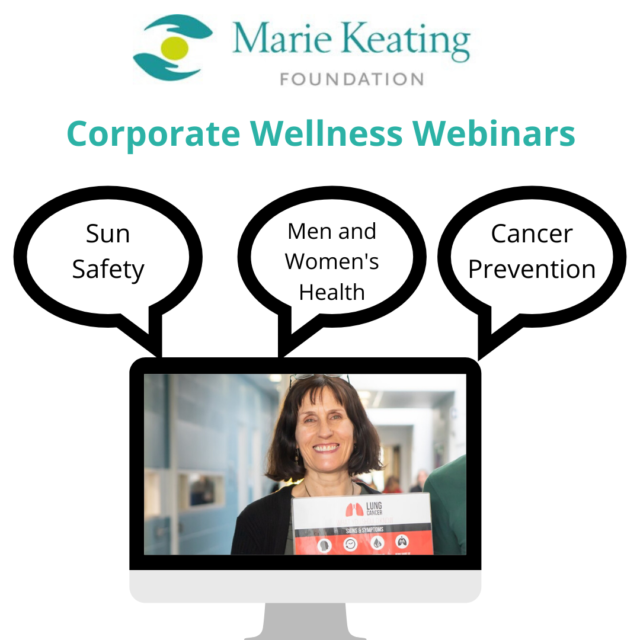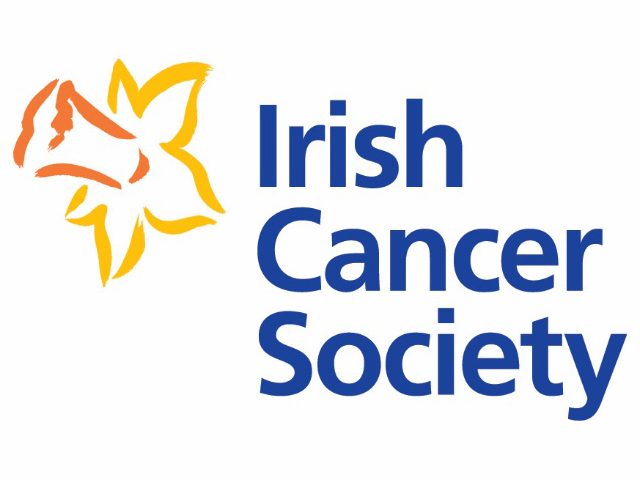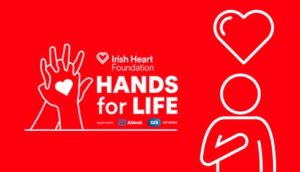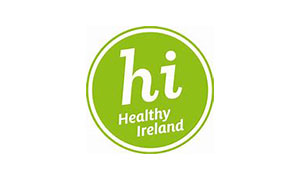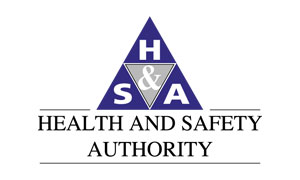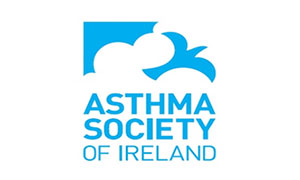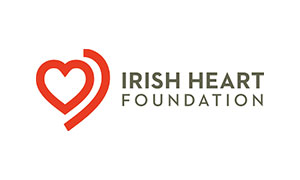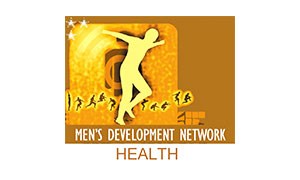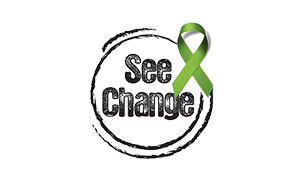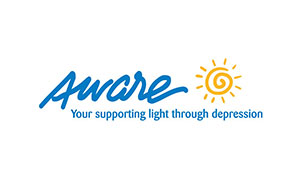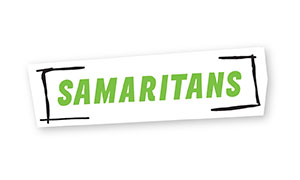The workplace undoubtedly has an impact on the health and wellbeing of its employees and Irish workplaces have really begun to prioritise initiatives to focus on the health of their employees. With more than two million people employed in Ireland, the workplace offers an ideal setting and infrastructure to support the promotion of health to a large audience. According to the World Health Organisation (WHO), workplace health programmes are one of the best ways to prevent and control chronic disease, and also to support mental health.
When it comes to specifically supporting and engaging male employees to improve and maintain their wellbeing in the workplace, this can be a more of a challenge to employers. While many of the same difficulties are experienced by both men and women in the workplace, some difficulties and influences on health may be especially relevant for men. The rational to support the implementation of workplace health promotion initiatives with a focus on men was identified in the National Men’s Health Action Plan – Healthy Ireland Men 2017 – 2021.
Male employees in Ireland make up over 67.8% of the workforce (CSO, 2016) and on average spend a total of 39.7 hours in the workplace setting. This does not take into account commuter time to and from work which has gradually increased the duration of the working day over the last number of years. Three-quarters of men in the workforce (74.4%) are working full time hours of 35 hours or more a week. The labour force participation rate for men was highest for the 35-44 age group at 91.8% (CSO, 2016).
The sectors of choice for men include business, administration and law; Information and communication technologies (ICTs); Engineering, manufacturing and construction; Agriculture, forestry, fisheries and veterinary industry (CSO, 2016). The construction industry alone had a 93.6% representation of male employees in 2016. Workplaces such as these are ideally placed to raise awareness of specific men’s health issues and gives these workplaces a chance to support their employees to improve their health and wellbeing.
Research shows that Irish men do not fair as well as women do when it comes to health. The life expectancy gap between men and women is 3.8 years. The reasons for these gender differences are complex, but in many cases, issues around social connectedness, capacity and willingness to seek help, as well as limited opportunities to get help through gender specific healthcare services and programmes are considered contributing factors.
A person’s core identity is often closely associated with his job, so work and work relationships play a very important role in the lives of working men. Bringing a health and wellbeing programme to the workplace can make it easier for men to talk about their health and discuss issues that they may otherwise ignore. Research has proven that a positive impact on health at work can increase productivity and reduce absence.
Targeted men’s health programmes represent a step in the right direction for men’s health. To go a step further would be for workplaces to create gender-specific policies for health at work addressing the most pressing issues for men and women in the most appropriate way. Targeting the workplace as a key setting in which to develop a range of men’s health initiatives that are based on consultation and partnership-building with employers, trade unions, employees and other relevant statutory bodies has been identified in the National Men’s Health Action Plan – Healthy Ireland Men 2017 – 2021.
Case Studies
National Mens Health Research Centre
Dr. Noel Richardson is perhaps the most influential figure in the sphere of men’s health in Ireland. The IT Carlow academic played a key role in dev...
CIE, Irish Rail and Bus Eireann
Few careers are as stereotypically masculine as those in the railway industry. The very word still conjures images of brawny labourers hammering spike...
Workplace Health Programme & Resources Directory
This directory is intended to signpost employers to where they can receive information from national healthcare organisations who are currently providing advice, guidance and programme specifically for the workplace setting.
Marie Keating Foundation
Irish Cancer Society
Working with cancer: Tips for employers
Understanding the needs of an employee with cancer and managing their day to day work life helps not only the person facing cancer, but their colleagues too, as well as the whole organisation.